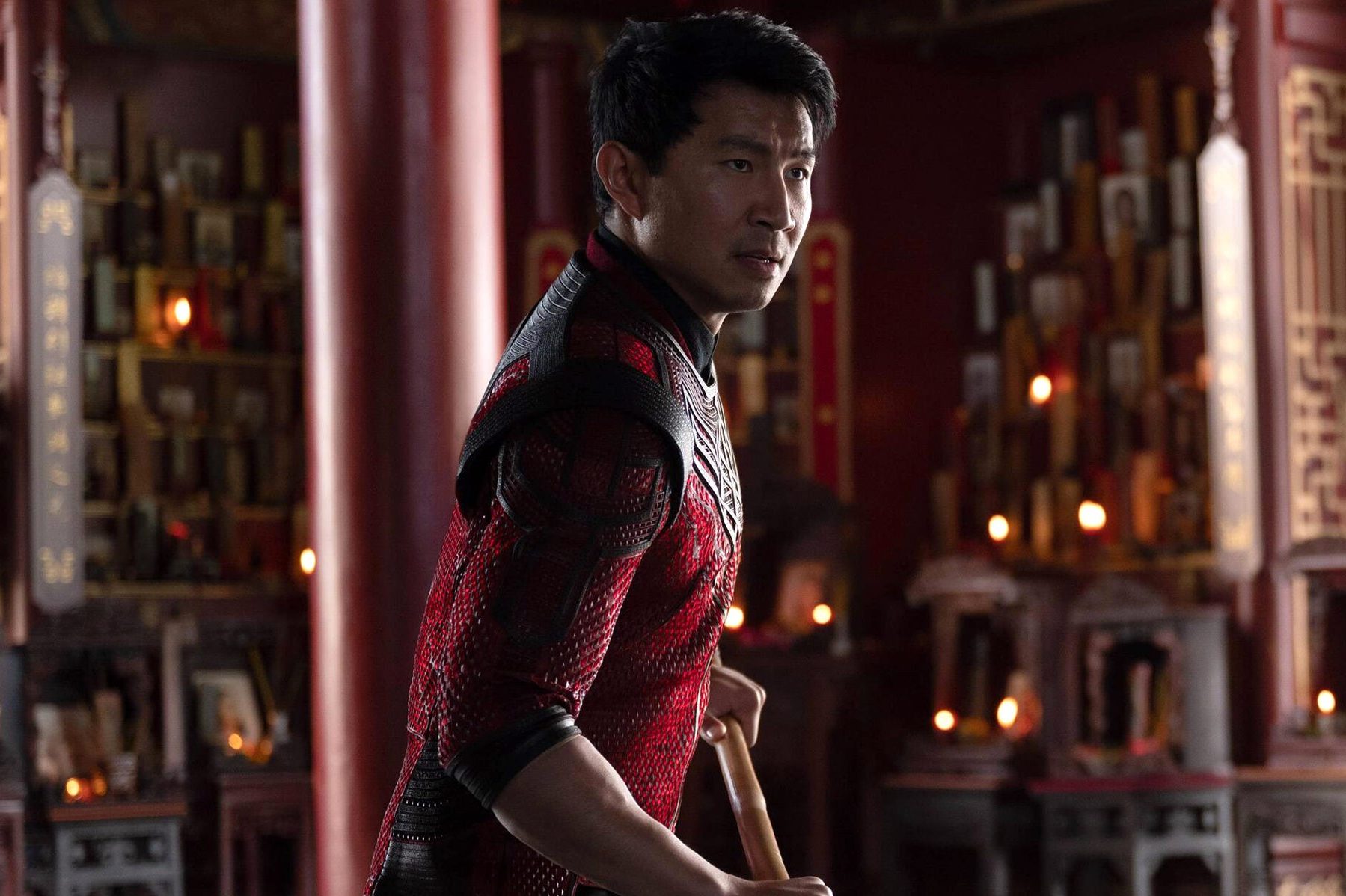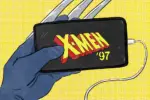This past Labor Day weekend, something beautiful happened. Hollywood finally saw hope for the industry. A beacon of shining light for the success of theater-exclusive film releases this fall. That beacon of hope was Marvel’s latest film: “Shang-Chi and The Legend of The Ten Rings.”
The film shocked skeptics (primarily trolls and racists) by breaking multiple records over its holiday four-day release. Since its groundbreakingly successful opening, multiple studios have either moved up theatrical releases or kept fall dates intact despite various rumors of another round of schedule delays as cases of the delta variant increase and the vaccination rate continues to stagnate. A Marvel film saving blockbusters doesn’t sound farfetched, but Disney wouldn’t even risk this strategy with “Back Widow,” a character who has been in the MCU for 10 years.
“Shang-Chi” is wonderfully unique — it is both an addition to the MCU canon and an original film that can stand on its own, compounded by the fact that it is the first Marvel movie with an Asian lead and a majority Asian cast. We’ve never had Asian representation on this scale before. Asian films in the U.S. have steadily grown in popularity since 2018’s “Crazy Rich Asians” took the country by storm, leading the way for 2019’s “Parasite” to win best picture at the Oscars. Neither of those films, however, had a budget of $150 million.
COVID-19 halted Hollywood and the entirety of the film and television industry like never before. As the world went into quarantine, some of the first places to close their doors were movie theaters. This left the industry in shambles: Productions were halted, postponed or even canceled. Stock prices fell dramatically, some so low that it caused theaters’ permanent closures. As summer transitioned to fall, theaters began their re-opening rollouts equipped with new safety protocols and advertisements for cool industry upgrades. However, people were still scared and hesitant to go out in public, especially since the U.S. had reached 100,000 COVID deaths by late May 2020.
With the country so divided on mask mandates and quarantines in general and the CDC frequently changing mask guidelines, studios had no choice but to rapidly adjust. The film that served as the catalyst for what is now an industry standard — streaming a major studio release exclusively or simultaneously to theater rollouts — was truly unexpected. Universal’s animated musical sequel “Trolls World Tour” was the last major theatrical release left after various blockbusters were delayed well into fall 2020 or indefinitely. The film had an initial release date in April 2020 but went back and forth through the wringer of delays. It was pushed up to February, then back to April, then — following the delay of MGM’s final Daniel Craig-led Bond installment, “No Time to Die” — it was dropped from a theatrical release entirely. Rather, Universal opted for an unheard-of 48-hour VOD release home rental for $19.99.
The release structure for “Trolls World Tour” was wildly successful — so successful that it prompted a lawsuit from AMC Theaters. In three weeks, the film made Universal $100 million in rental fees, which is fantastic revenue considering that the original “Trolls” film took 5 months to make as much during its theatrical run.
The latter half of 2020 saw multiple studios release films on streaming platforms as this structure became the norm. As theaters reopened at full capacity, they begged viewers to come back, sometimes with special incentives — my local Harkins was giving free popcorn to vaccinated viewers. Christopher Nolan’s “Tenet” was the first big-budget film to release in theaters and, despite its usual confused yet awestruck reception, the film didn’t do well. This signaled to studios that people still were not comfortable leaving their homes. By January 2021, studios were desperate for box office revenue. They were hopeful that the “hot vax summer” would bring in theater crowds, but a compromise had to be made for those still fearful. Thus, day-and-date release was born — a release strategy in which a film is available in theaters and streaming on the same day.
This was box-office murder. Both “Black Widow” and “The Suicide Squad” had great reviews and fan reception but were doomed to meager opening weekends and second-weekend revenue drop-offs. Nia DaCosta’s “Candyman” and Ryan Reynolds’ “Free Guy” performed better than expected, but neither had the power to ease studio executives’ fear of fall delays. Industry economists waited throughout this summer, wondering which film would cause enough people to crowd theaters again or which one a studio would risk releasing only in theaters. Then came “Shang-Chi and the Legend of the Ten Rings.”
Labor Day weekend arrived, and the film smashed record after record. Opening with $8.8 million in Thursday night preshow sales (second highest behind “Black Widow”), by Sunday night it had garnered $71.4 million domestically and an estimated $140 million globally. The Monday Labor Day showings ended up adding another $18.9 million, making its domestic four-day opener total revenue $94.4 million. “Shang-Chi” became the biggest Labor Day weekend opening ever, the second-best opening for the pandemic and the biggest September opening behind both “It” films.
For a lesser-known character played by a lesser-known actor, with a script full of subtitled Mandarin Chinese (which, according to some fans, makes the film’s dialogue even better), the film skyrocketed past modest expectations and a projection of a $60 million opening weekend. After a year of a dramatic increase in anti-Asian hate crimes, largely thanks to racist pandemic propaganda, “Shang-Chi” was a much-needed film for the Asian American community and is the perfect film to bring society back into theaters.
Fall’s film slate is now packed, with three blockbusters releasing consecutively in October. These will be followed up by Marvel’s Chloe Zhao-directed ensemble “Eternals” (which has Oscar potential) and then, finally, December’s gargantuan “Spider-Man: No Way Home,” which will undoubtedly become the highest-grossing film of the year. None of this would be possible without “Shang-Chi and The Legend of the Ten Rings.”

















